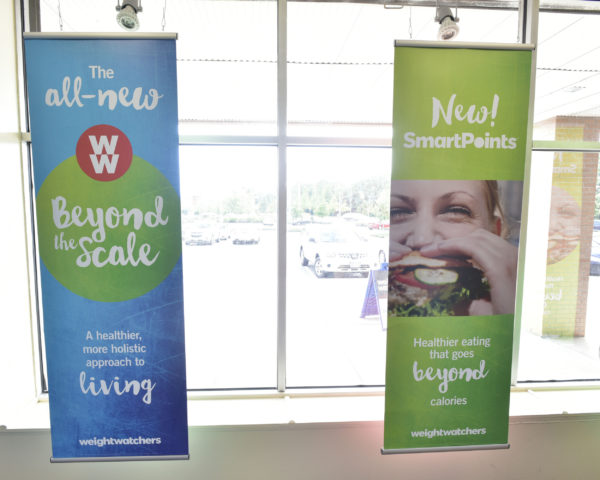
WW — formerly known as Weight Watchers — rolled out a free on Tuesday, the app called Kurbo. The program is aimed to kids as young as 8 and up to 17. The program has already drawn both praise for tackling the issues facing American children , as well as sharp criticism from “body positivity” and anti-eating disorder activists.
WW acquired the nutrition app Kurbo in 2018, and then spent a year developing it, adding features like breathing-exercise instructions, a Snapchat-inspired interface and multi-day streaks to encourage regular activity. Children (or parents on their behalf) enter their height, weight, age and health goals, then begin logging what they eat.
Kurbo ranks food choices using a Stanford University-developed that gives a green light for healthy foods, such as vegetables and fruits; a yellow light for foods kids should limit, such as dairy, whole grains and lean protein; and a red light for unhealthy foods, such as candy and sugary drinks, that they shouldn’t consume frequently. For a fee of $69 for a month, weekly video coaching is also available. Coaches are trained to pick up on signs of disordered eating or unhealthy weight loss, Time magazine.

“To change the health trajectory of the world, we have a tremendous opportunity, but also a responsibility, to help kids, teens and families,” Mindy Grossman, the president and CEO of WW, said on Tuesday. “With Kurbo’s proven platform, we can be a trusted and powerful partner for families, as part of our mission to inspire healthy habits for real life, for everyone.”
In the U.S., the prevalence of obesity was 18.5 percent among young people in 2015 to 2016, affecting about 13.7 million children and young people, according to the . In regards to this statistic, some seemed to think this program aimed at young people would have positive outcomes.
“Kurbo represents a tremendous positive step forward for children and parents. Promoting healthy eating choices at an early age is the most effective way to build lifelong healthy eating habits,” John Catalano on Tuesday. Another twitter user said, “Good health is NOT child abuse, it’s child care. Healthy eating habits should began in childhood. I ate to my stomach’s content when I was a child and paid for it with obesity, high blood pressure, shortness of breath, weak heart and a bad back while in my 20s.”
Others who had been affected by childhood eating disorders were alarmed by the idea of marketing weight loss and restricted eating to children.
@greycoupon tweeted on Tuesday, “My mother put me on my first diet when I was 9. I was sneaking diet pills at age 10. I had a full blown eating disorder by age 11 & 25 years I’m still fighting it. This app is horrific. Proper nutrition /= pushing for weight loss.”
Popular nutritionist also weighed in, “The true cost of WW’s weight-loss app for children isn’t $69/month, it’s a lifetime battle with disordered eating and poor body image. Please read responsibly.”
Kurbo did immediately respond to Newsweek‘s request for comment.